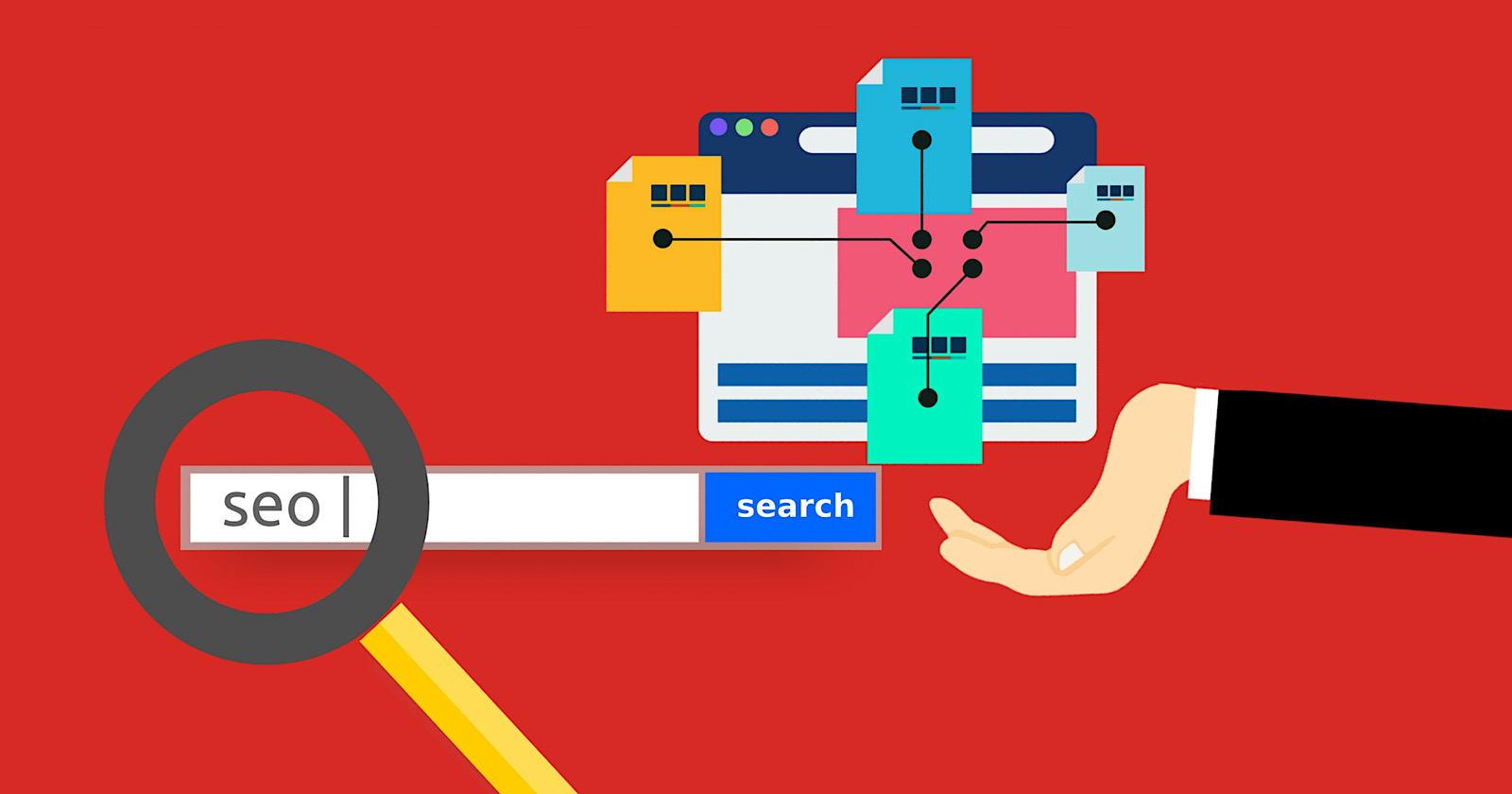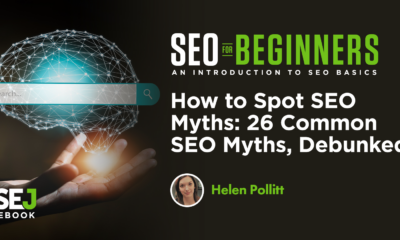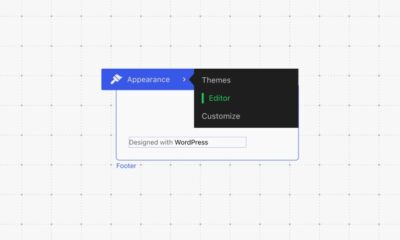Google’s John Mueller: Don’t Create a Sitemap Manually

Google’s John Mueller recently advised an SEO not to manually create a sitemap for a large website, and offered more appropriate solutions.
This exchange occurred in a Reddit thread on the r/SEO subreddit. An SEO was looking for advice on creating a sitemap for a website with over 2 million products.
The thread states:
“I have a client in a very technical, industrial niche. They sell industrial parts that are similar, but very specific. They have 2 Million + SKUs in their inventory.
My challenge here is to create a sitemap. Because there are so many pages, I have to create it manually. I have a list of URLs broken up by products and categories that our dev team pulled through API. Since sitemaps can only contain 50,000 URLs, I have 37 excel sheets with 50,000 URLs on them each…”
The SEO went on to describe how they plan to go about tackling this challenge, which is all irrelevant now considering they don’t “have to” create the sitemap manually as they originally thought.
Here’s what Mueller suggests doing instead.
John Mueller’s Response
“Don’t create a sitemap manually like that,” Mueller plainly states in his response.
As the most upvoted comment, Mueller’s advice was obviously echoed by the Reddit SEO community.
Instead of creating the sitemap manually, Mueller says this is what should be done in this situation:
“You need to get [the sitemap] from the CMS or the underlying database directly.”
As another Reddit user points out, getting a sitemap from the API where the dev team originally pulled the list of URLs would be a fine solution as well.
Why is this better than manually creating a sitemap?
When creating a sitemap for a large site, or any site, you have to consider not only how it will be created but how it will be kept up to date.
A site with a product catalog of this magnitude could be adding and removing tens of thousands of products every day.
It would be logistically impossible to manually maintain an updated sitemap like that.
And that’s not even taking into account the considerable amount of work that would go into creating the sitemap in the first place.
Manually creating a sitemap is not a realistic solution when automated options exist.
The SEO Comes to Their Senses
The SEO who started the Reddit thread eventually came to their senses and agreed that manually creating a sitemap is not the right way to go about it.
“Thanks for the wake-up call guys. I agree, this was the plan of action laid out for us and it didn’t sit right with me from the beginning.”
For what it’s worth, the idea apparently came from senior staff members of the company they work for.
More Resources
For more information on creating and optimizing sitemaps, see the resources below:
This Week in Search News: Simple and Easy-to-Read Update

Here’s what happened in the world of Google and search engines this week:
1. Google’s June 2024 Spam Update
Google finished rolling out its June 2024 spam update over a period of seven days. This update aims to reduce spammy content in search results.
2. Changes to Google Search Interface
Google has removed the continuous scroll feature for search results. Instead, it’s back to the old system of pages.
3. New Features and Tests
- Link Cards: Google is testing link cards at the top of AI-generated overviews.
- Health Overviews: There are more AI-generated health overviews showing up in search results.
- Local Panels: Google is testing AI overviews in local information panels.
4. Search Rankings and Quality
- Improving Rankings: Google said it can improve its search ranking system but will only do so on a large scale.
- Measuring Quality: Google’s Elizabeth Tucker shared how they measure search quality.
5. Advice for Content Creators
- Brand Names in Reviews: Google advises not to avoid mentioning brand names in review content.
- Fixing 404 Pages: Google explained when it’s important to fix 404 error pages.
6. New Search Features in Google Chrome
Google Chrome for mobile devices has added several new search features to enhance user experience.
7. New Tests and Features in Google Search
- Credit Card Widget: Google is testing a new widget for credit card information in search results.
- Sliding Search Results: When making a new search query, the results might slide to the right.
8. Bing’s New Feature
Bing is now using AI to write “People Also Ask” questions in search results.
9. Local Search Ranking Factors
Menu items and popular times might be factors that influence local search rankings on Google.
10. Google Ads Updates
- Query Matching and Brand Controls: Google Ads updated its query matching and brand controls, and advertisers are happy with these changes.
- Lead Credits: Google will automate lead credits for Local Service Ads. Google says this is a good change, but some advertisers are worried.
- tROAS Insights Box: Google Ads is testing a new insights box for tROAS (Target Return on Ad Spend) in Performance Max and Standard Shopping campaigns.
- WordPress Tag Code: There is a new conversion code for Google Ads on WordPress sites.
These updates highlight how Google and other search engines are continuously evolving to improve user experience and provide better advertising tools.
AI
Exploring the Evolution of Language Translation: A Comparative Analysis of AI Chatbots and Google Translate

According to an article on PCMag, while Google Translate makes translating sentences into over 100 languages easy, regular users acknowledge that there’s still room for improvement.
In theory, large language models (LLMs) such as ChatGPT are expected to bring about a new era in language translation. These models consume vast amounts of text-based training data and real-time feedback from users worldwide, enabling them to quickly learn to generate coherent, human-like sentences in a wide range of languages.
However, despite the anticipation that ChatGPT would revolutionize translation, previous experiences have shown that such expectations are often inaccurate, posing challenges for translation accuracy. To put these claims to the test, PCMag conducted a blind test, asking fluent speakers of eight non-English languages to evaluate the translation results from various AI services.
The test compared ChatGPT (both the free and paid versions) to Google Translate, as well as to other competing chatbots such as Microsoft Copilot and Google Gemini. The evaluation involved comparing the translation quality for two test paragraphs across different languages, including Polish, French, Korean, Spanish, Arabic, Tagalog, and Amharic.
In the first test conducted in June 2023, participants consistently favored AI chatbots over Google Translate. ChatGPT, Google Bard (now Gemini), and Microsoft Bing outperformed Google Translate, with ChatGPT receiving the highest praise. ChatGPT demonstrated superior performance in converting colloquialisms, while Google Translate often provided literal translations that lacked cultural nuance.
For instance, ChatGPT accurately translated colloquial expressions like “blow off steam,” whereas Google Translate produced more literal translations that failed to resonate across cultures. Participants appreciated ChatGPT’s ability to maintain consistent levels of formality and its consideration of gender options in translations.
The success of AI chatbots like ChatGPT can be attributed to reinforcement learning with human feedback (RLHF), which allows these models to learn from human preferences and produce culturally appropriate translations, particularly for non-native speakers. However, it’s essential to note that while AI chatbots outperformed Google Translate, they still had limitations and occasional inaccuracies.
In a subsequent test, PCMag evaluated different versions of ChatGPT, including the free and paid versions, as well as language-specific AI agents from OpenAI’s GPTStore. The paid version of ChatGPT, known as ChatGPT Plus, consistently delivered the best translations across various languages. However, Google Translate also showed improvement, performing surprisingly well compared to previous tests.
Overall, while ChatGPT Plus emerged as the preferred choice for translation, Google Translate demonstrated notable improvement, challenging the notion that AI chatbots are always superior to traditional translation tools.
Source: https://www.pcmag.com/articles/google-translate-vs-chatgpt-which-is-the-best-language-translator
Google Implements Stricter Guidelines for Mass Email Senders to Gmail Users

Beginning in April, Gmail senders bombarding users with unwanted mass emails will encounter a surge in message rejections unless they comply with the freshly minted Gmail email sender protocols, Google cautions.
Fresh Guidelines for Dispatching Mass Emails to Gmail Inboxes In an elucidative piece featured on Forbes, it was highlighted that novel regulations are being ushered in to shield Gmail users from the deluge of unsolicited mass emails. Initially, there were reports surfacing about certain marketers receiving error notifications pertaining to messages dispatched to Gmail accounts. Nonetheless, a Google representative clarified that these specific errors, denoted as 550-5.7.56, weren’t novel but rather stemmed from existing authentication prerequisites.
Moreover, Google has verified that commencing from April, they will initiate “the rejection of a portion of non-compliant email traffic, progressively escalating the rejection rate over time.” Google elaborates that, for instance, if 75% of the traffic adheres to the new email sender authentication criteria, then a portion of the remaining non-conforming 25% will face rejection. The exact proportion remains undisclosed. Google does assert that the implementation of the new regulations will be executed in a “step-by-step fashion.”
This cautious and methodical strategy seems to have already kicked off, with transient errors affecting a “fraction of their non-compliant email traffic” coming into play this month. Additionally, Google stipulates that bulk senders will be granted until June 1 to integrate “one-click unsubscribe” in all commercial or promotional correspondence.
Exclusively Personal Gmail Accounts Subject to Rejection These alterations exclusively affect bulk emails dispatched to personal Gmail accounts. Entities sending out mass emails, specifically those transmitting a minimum of 5,000 messages daily to Gmail accounts, will be mandated to authenticate outgoing emails and “refrain from dispatching unsolicited emails.” The 5,000 message threshold is tabulated based on emails transmitted from the same principal domain, irrespective of the employment of subdomains. Once the threshold is met, the domain is categorized as a permanent bulk sender.
These guidelines do not extend to communications directed at Google Workspace accounts, although all senders, including those utilizing Google Workspace, are required to adhere to the updated criteria.
Augmented Security and Enhanced Oversight for Gmail Users A Google spokesperson emphasized that these requisites are being rolled out to “fortify sender-side security and augment user control over inbox contents even further.” For the recipient, this translates to heightened trust in the authenticity of the email sender, thus mitigating the risk of falling prey to phishing attempts, a tactic frequently exploited by malevolent entities capitalizing on authentication vulnerabilities. “If anything,” the spokesperson concludes, “meeting these stipulations should facilitate senders in reaching their intended recipients more efficiently, with reduced risks of spoofing and hijacking by malicious actors.”
-

 SEARCHENGINES5 days ago
SEARCHENGINES5 days agoBillions Of Google goo.gl URLs To 404 In The Future
-

 SEO7 days ago
SEO7 days ago26 Common SEO Myths, Debunked
-
SEARCHENGINES4 days ago
Daily Search Forum Recap: July 22, 2024
-

 SEARCHENGINES6 days ago
SEARCHENGINES6 days agoGoogle Core Update Coming, Ranking Volatility, Bye Search Notes, AI Overviews, Ads & More
-

 SEO5 days ago
SEO5 days ago11 Copyscape Alternatives To Check Plagiarism
-

 SEO6 days ago
SEO6 days agoGoogle Warns Of Last Chance To Export Notes Search Data
-

 AFFILIATE MARKETING5 days ago
AFFILIATE MARKETING5 days agoThe Top 5 AI Tools That Can Revolutionize Your Workflow and Boost Productivity
-
SEARCHENGINES3 days ago
Daily Search Forum Recap: July 23, 2024















